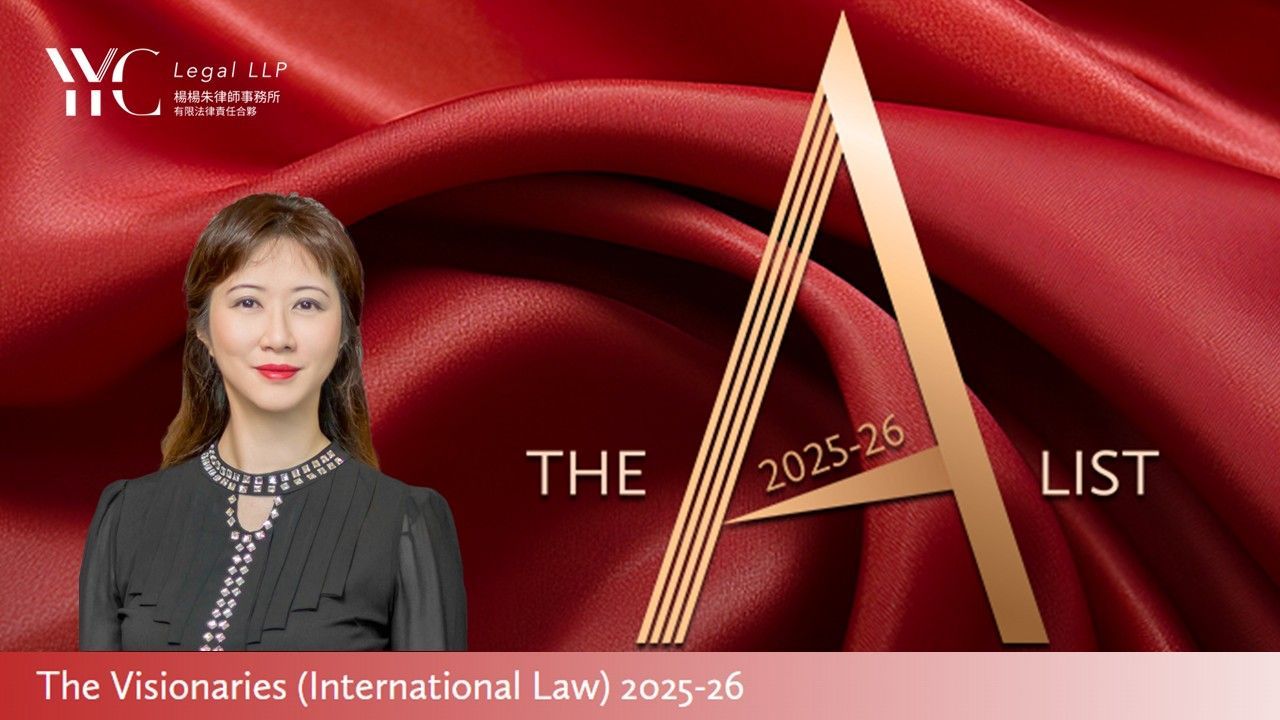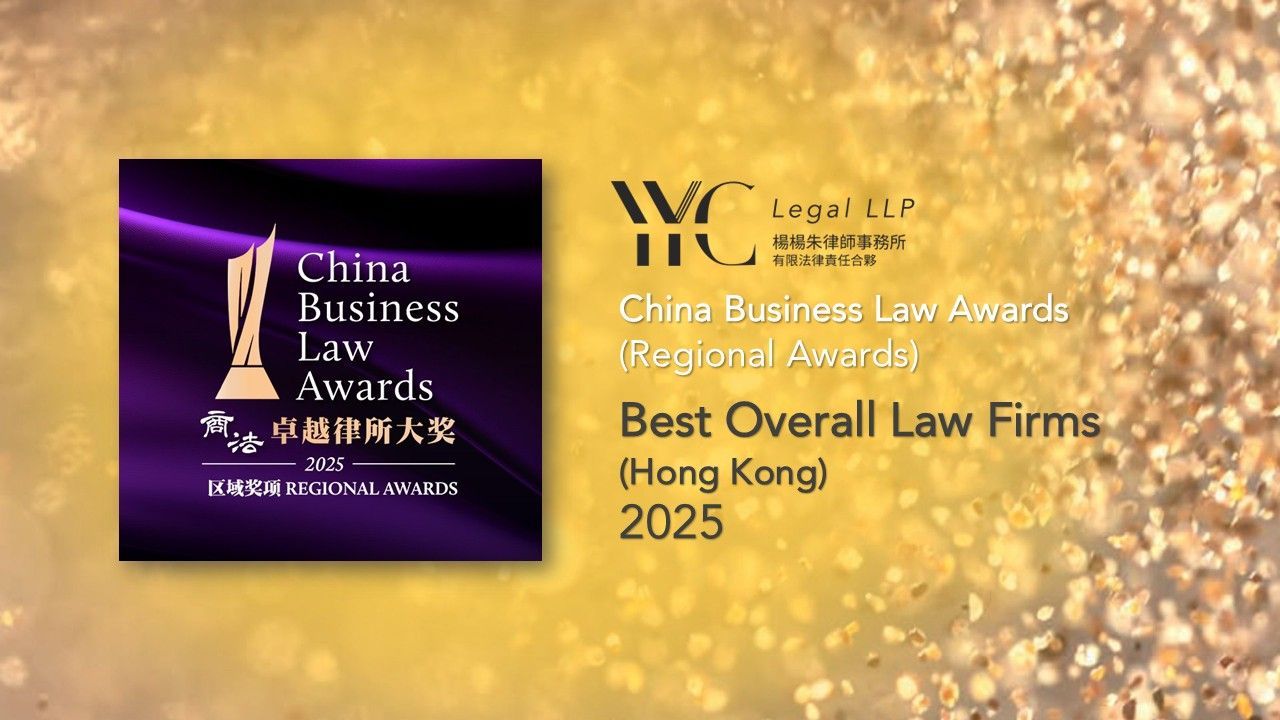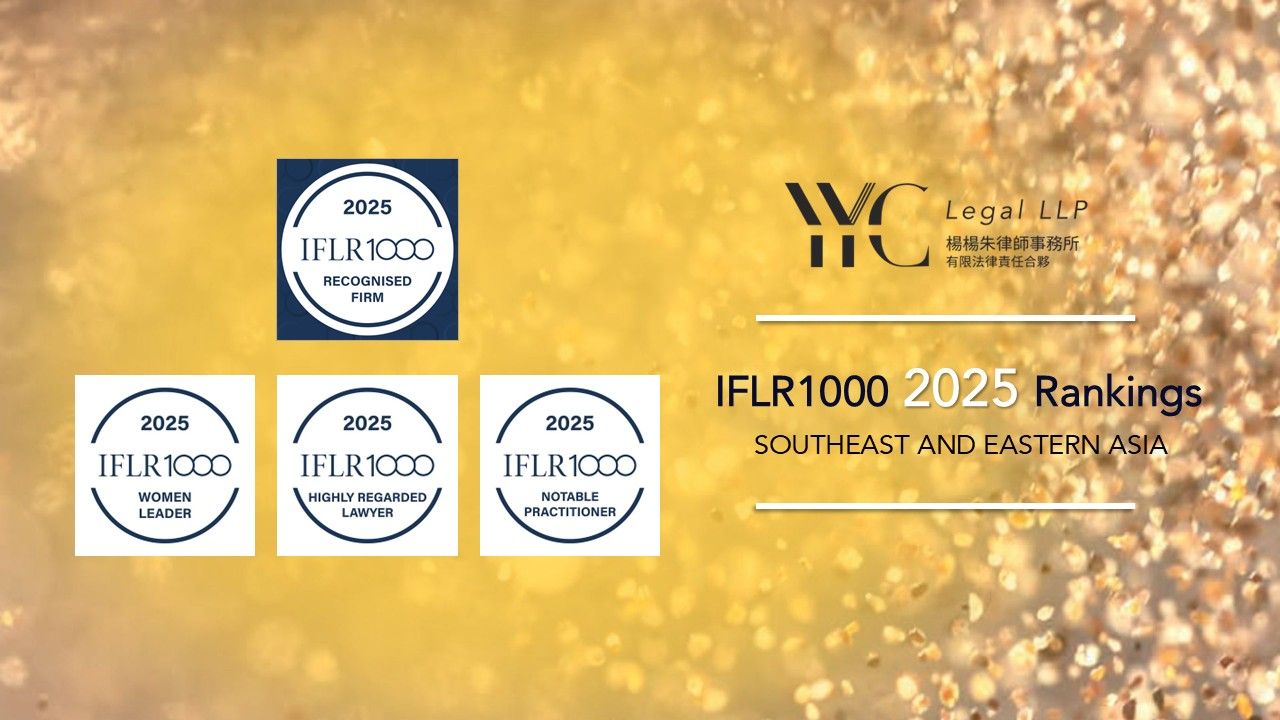The HKSAR Government and the Ministry of Commerce signed the Agreement on Trade in Services under the framework of Closer Economic Partnership Arrangement (“CEPA”) in November 2015 to basically achieve liberalisation of trade in services between the Mainland and Hong Kong. The parties signed an agreement in November 2019 to amend the Services Agreement and add new liberalisation measures that have been implemented since June 2020. To further enhance liberalisation and facilitate trade in services in response to the aspirations of the Hong Kong business community for greater participation in the development of the Mainland market, the parties agreed to make further amendments to the Services Agreement and signed the new agreement (“Amendment Agreement II”) on 9 October 2024. The Amendment Agreement II will come into effect on 1 March, 2025.
Background for signing Amendment Agreement II on Trade in Services under CEPA
Background for signing Amendment Agreement II on Trade in Services under CEPA
Contents of Amendment Agreement II
The Amendment Agreement II introduces new liberalisation measures across several service sectors where Hong Kong enjoys competitive advantages, such as financial services, construction and related engineering services, testing and certification, telecommunications, motion pictures, television and tourism services. The liberalisation measures take various forms, including removing or relaxing restrictions on equity shareholding and business scope in the establishment of enterprises; relaxing qualification requirements for Hong Kong professionals providing services; and easing restrictions on Hong Kong's exports of services to the Mainland market. Most of the liberalisation measures apply to the whole Mainland, while some of them are designated for pilot implementation in the nine Pearl River Delta municipalities in the Guangdong-Hong Kong-Macao Greater Bay Area (“GBA”). The details are as follows:
- Construction and related engineering services:
To allow Hong Kong general practice surveying enterprises to provide professional services in Guangdong Province through filing of records; and to allow Hong Kong engineering construction consultant enterprises that have completed filing of records to bid for consultancy services projects in joint venture in compliance with the laws in the nine Pearl River Delta municipalities in the GBA;
- Motion pictures: To remove the restriction on investment in enterprises engaging in film production by Hong Kong service suppliers; and to allow enterprises established by Hong Kong service suppliers and approved by the relevant Mainland authorities to operate distribution of imported buy-out Hong Kong motion pictures;
- Television:
To remove the quantitative restriction on Hong Kong people participating as principal creative personnel in online television dramas; and to allow imported dramas produced in Hong Kong to be broadcast during prime time in television stations on the Mainland after obtaining approval from the National Radio and Television Administration;
- Tourism services: To optimise the implementation of the 144-hour visa-exemption policy for foreign group tours entering Guangdong from Hong Kong through increasing the number of inbound control points and expanding the stay areas to the whole of Guangdong Province, and to provide facilitation for Mainland travel agents when receiving group tours at West Kowloon Station of the High Speed Rail; and to support cruise companies to arrange international cruise itineraries involving port-of-call in the Mainland cruise ports in accordance with the laws. In respect of Mainland visitors participating in such cruise itineraries, they can travel to Hong Kong in transit to join all sorts of cruise itineraries, by presenting their passports and confirmation documents of the relevant cruise itineraries; and
- Financial services: To remove the asset requirement of not less than US$2 billion as at the end of the most recent year for Hong Kong financial institutions investing in shares of insurance companies; to remove the restriction prohibiting foreign bank branches established by Hong Kong service suppliers from conducting bank cards services; to consider extending the scope of eligible products under the mutual market access programme by including REITs (Real Estate Investment Trusts); to continuously promote and enhance the Cross-boundary Wealth Management Connect Pilot Scheme and the Mainland-Hong Kong Mutual Recognition of Funds scheme; and to continuously promote the cross listing arrangement of the Mainland and Hong Kong ETF (open-ended index-tracking exchange-traded funds) as well as enhance Southbound Trading and Northbound Trading under Bond Connect.
In addition, the Amendment Agreement II brings institutional innovation and collaboration enhancement, including:
- Addition of "allowing Hong Kong-invested enterprises to adopt Hong Kong law" and "allowing Hong Kong-invested enterprises to choose for arbitration to be seated in Hong Kong" as facilitation measures for Hong Kong investors, supporting Hong Kong-invested enterprises registered in the pilot municipalities of the GBA to adopt Hong Kong law or Macao law as the applicable law in their contracts; as well as supporting Hong Kong-invested enterprises registered in the nine Pearl River Delta municipalities in the GBA to choose Hong Kong or Macao as the seat of arbitration. The measures provide flexibility and convenience for Hong Kong enterprises, facilitating their investment and business development on the Mainland;
- Addition of commitments regarding domestic regulation to ensure transparency, predictability and efficiency of regulations on trade in services, so as to align with high-standard international economic and trade rules, cutting red tape and lowering trade costs when enterprises render their services in a market to facilitate trade in services; and
- Removal of the period requirement on Hong Kong service suppliers to engage in substantive business operations in Hong Kong for three years in most service sectors, allowing Hong Kong start-ups to enjoy the preferential treatment under CEPA in a shorter time and attracting enterprises and talents from around the world to establish a presence in Hong Kong and explore the Mainland market, thus increasing local employment, promoting Hong Kong's economic development and giving full play to Hong Kong's roles as a "super connector" and "super value-adder".
Benefits deriving from Amendment Agreement II
The benefits of the Amendment Agreement II to Hong Kong are reflected in three areas. First of all, there would be more new opportunities for many of Hong Kong's industries which enjoy competitive advantages. Specific examples include the lifting of quantitative restrictions on the number of Hong Kong people participating in the production of online TV dramas as principal creative personnel in television and film industries, and the lifting of restrictions on Hong Kong service providers to invest in film production. For tourism, foreign group tours entering the Mainland via Hong Kong may enjoy the 144-hour visa-exemption policy for entering Guangdong, which will help the industry to develop multi-destination tourism products and attract overseas tourists to Hong Kong. For financial services industry, the Amendment Agreement II eliminates the total assets requirement of no less than US$2 billion for Hong Kong financial institutions to invest in insurance companies, which will help more Hong Kong financial and insurance institutions to enter the Mainland market.
The second benefit lies in institutional innovation. The Amendment Agreement II includes "allowing Hong Kong-invested enterprises to adopt Hong Kong law" and "allowing Hong Kong-invested enterprises to choose for arbitration to be seated in Hong Kong" as measures to facilitate Hong Kong investors, providing flexibility and convenience for Hong Kong enterprises to invest and develop in the Mainland. It allows Hong Kong companies investing and operating in the Mainland to adopt the law they are familiar with as the applicable law of contracts, and they can also choose Hong Kong as the seat of arbitration. It enables Hong Kong to better leverage its competitiveness in legal and dispute resolution services to help the GBA to establish a more international business environment and give full play to Hong Kong's role as a two-way gateway for "bringing in" and "going out".
In addition, the Amendment Agreement II relaxes restrictions and removes the requirement for Hong Kong service suppliers to engage in substantial operations in Hong Kong for three years in most service areas, thereby attracting global companies and talents to establish a presence in Hong Kong and enter the Mainland market through Hong Kong. This will not only enable start-ups to enjoy CEPA preferential treatment earlier, but also attract companies and talents from all over the world to settle in Hong Kong to explore the Mainland market and flourish our economy.
Conclusion
The Amendment Agreement II introduces new liberalisation measures across different service sectors where Hong Kong enjoys competitive advantages, making it easier for Hong Kong service suppliers to establish enterprises and develop business in the Mainland, enabling more Hong Kong professionals to obtain qualifications to practise in the Mainland, allowing more of Hong Kong's quality services to be provided to the Mainland market, and contributing to and serving the country's development.
YYC Legal LLP is in Association with East & Concord Partners (Hong Kong) Law Firm.
This material has been prepared for general informational purposes only and is not intended to be relied upon as professional advice. Please contact us for specific advice.
Recent articles

Recent News

















